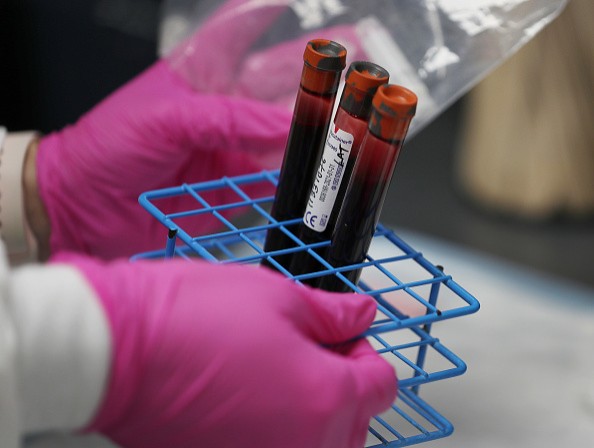Coronavirus Vaccine Trials Have Been Slow to Recruit Latino People
Coronavirus vaccine trials have become multi-billion dollar efforts, but they haven't recruited enough minorities like Latinos.
COVID-19 Prevention Network's Dr. Jim Kublin said in a CNN report that of 350,000 people who've registered online for a coronavirus vaccine trial, only 10 percent of them are Latino or Black.
With only a small portion of Latinos in the test subjects, the vaccine trials won't nearly be enough. Clinical trials have to reflect the population that is affected.
Research showed that most U.S. coronavirus cases have been among Latino and Black people.

A Los Angeles Times report noted that Latino people are three times as likely as white people to get infected by the coronavirus.
Data also showed that they are twice as likely to die from the disease. Asian Americans account for fewer cases but have higher death rates.
Those aged 65 and older also account for about 80 percent of the reported COVID-19 deaths. But history has shown that these groups are less likely to be a part of clinical trials. This was despite federal rules requiring minorities and the elderly to be part of the tests.
The research noted that Latinos account for around 18 percent of the U.S. population, but only one percent of them are taking part in clinical trials, on average.
Building Trust of Latinos
A group of doctors and scientists urges the U.S. government to have more Latino, Black, and Native Americans in COVID-19 vaccine trials.
Other than building a more diverse profile for vaccines, having them involved in the trials will hopefully build trust among these at-risk groups, said a Reuters report.
Dr. Richard Baron of the American Board of Internal Medicine sent an open letter to the White House's Operation Warp Speed, appealing to get more minorities on trials. He said without these actions, at-risk groups may be doubtful to take a vaccine once it is available.
Baron noted that as long as these groups do not trust the people and the process that produced the drugs, it is "entirely predictable" that they will not want to get a vaccine. They'll deny it no matter how safe and scientifically proven it maybe if they don't trust the trial itself.
"The only way we're going to know if a vaccine is safe and effective for [African Americans and Latinos] is if they are included in the vaccine trials," said Marjorie Speers, PhD.
Diversifying Vaccine Trials
There are at least six coronavirus vaccines that have entered phase III clinical trials. These large-scales seek to have tens of thousands of test subjects to show whether the vaccines are safe to use.
Drugs have to be tested in a diverse group of people because some people tend to respond differently to drugs or therapies. The immune response also changes with age.
According to Healthline, these researchers are aiming to have a broader range of people in their studies. Some examples are older adults and people with underlying health problems like heart disease and diabetes.
Moderna said they are working to have participants who "are representative of the communities at highest risk for COVID-19 and of our diverse society."
But Phase 1 trials showed that of the 45 people they had in their safety test, only six were Latino, two were Black, one was Asian, and one was Native American.
With the move to produce an effective vaccine quickly, health workers worry about the chance that having a more diverse pool of vaccine test subjects is not coming soon.
Check these out!
Two CDC Senior Officials Resign From Their Positions, Here's Why
Fighting COVID-19: Groom Marries Fiancée from Hospital Bed
COVID-19 Saliva Test Partly Funded by NBA Gets FDA Emergency Use Approval
Subscribe to Latin Post!
Sign up for our free newsletter for the Latest coverage!
© 2025 Latin Post. All rights reserved. Do not reproduce without permission.













